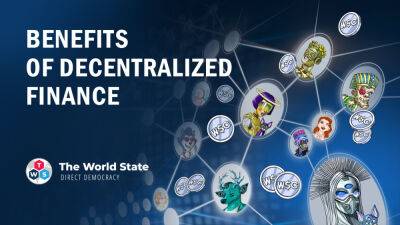How to host a decentralized website
Decentralized websites rely on decentralized networks rather than centralized servers to preserve and verify the data’s integrity. Decentralized websites offer a more private, secure and censorship-resistant alternative to standard websites by utilizing peer-to-peer (P2P) networking, cryptography and blockchain.
This article will explain how to host a decentralized website, and the benefits and challenges of decentralized hosting.
A web server distributes the website’s files to its clients in a standard network setup for hosting websites. This allows larger organizations or governments to decide what content is displayed, which takes away the freedom that the World Wide Web initially provided. This gave rise to decentralized web hosting — a new approach to hosting websites that stores website files on various nodes or computers instead of a single central server.
With decentralized web hosting, there is more security, redundancy and censorship resistance. Blockchain technology, peer-to-peer networks and other distributed systems are used in decentralized web hosting to guarantee that website files are continuously accessible, regardless of network outages or other disruptions. It is a topic of great interest for those worried about internet censorship, privacy and the centralization of web hosting infrastructure.
Web3, or decentralized hosting, is important because it represents a fundamental change to how websites and web applications are hosted and accessed. The traditional web hosting model has several drawbacks, including the potential for downtime, security vulnerabilities and the risk of censorship or control by third-party intermediaries.
Additionally, Web3 hosting offers new business models and revenue sources, such
Read more on cointelegraph.com











